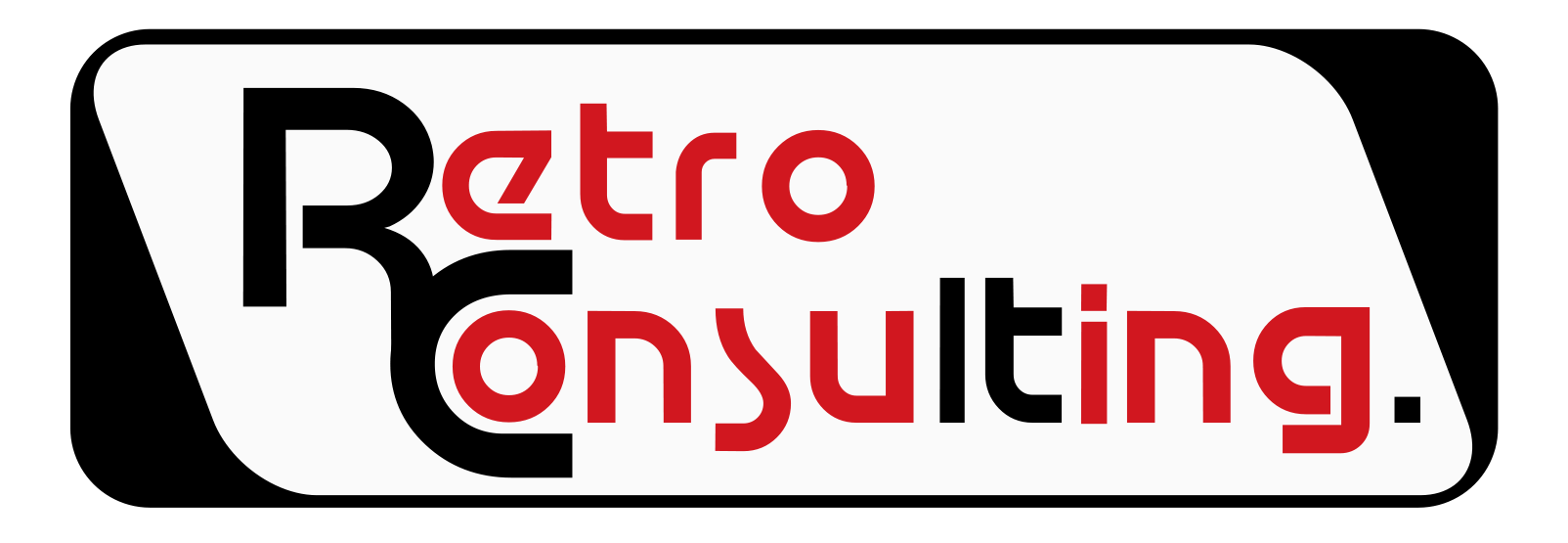Training’s for dogs
Training’s for dogs. Education's for people.

These days my colleagues know better than to ask me if I want to go on a “training course”. My answer is usually: “No thanks. Training’s for dogs”. This often raises eyebrows, and I have to quickly explain my rationale.
Importantly, I’m not anti-training because I arrogantly think I have nothing more to learn. On the contrary, I’m the archetype of the perennial student. I’m always voracious in expanding my knowledge and developing a deeper understanding.
But I am skeptical of "training courses" because education – not training – is the key to self-improvement.
These days most people seem to regard education and training as synonymous. However, they are not interchangeable terms. For example, you wouldn’t try to educate a dog (I hope), and top athletes are trained by their coaches, but are not usually educated by them (although this is changing as elite athletes are becoming more aware of the need to understand the latest research in health and nutrition).
Training has its place
The difference between education and training is the level of understanding that is achieved by the student. As the proverb says: “Give a man a fish and you feed him for a day; teach a man to fish and you feed him for a lifetime”.
My experience is that training courses are much like getting a fish. It may be the tastiest, best cooked, best presented fish, but its use is very limited compared to being taught how to obtain and cook your own fish.
Training does have its place. It makes a lot of sense if you have a need to learn a specific skill, process or technique – such as how to jump a long way (if you’re an athlete), how to perform CPR (if you're going to give first-aid) or how to use a particular software product (if you need to use it for your work).
If I have the need to learn such a specific skill, then a training course makes sense. But I don't get hired by clients because I know a bunch of techniques that can be learned like that. I get hired to solve problems, and the key to solving problems is being able to apply general principles to specific situations.
The power of education
The power of education is that once a truth is understood it can be applied in completely different situations that are independent of the original context. Education enables the “Why?” questions to be answered.
The danger of training, particularly if it is well delivered, is that the unwitting student[1] comes away with a lot of very good information, but without any real understanding of how and when to apply it - and crucially no idea of practical limitations.
I regularly encounter people who are struggling to apply their knowledge because they treat it as a fixed template to be applied, rather than understanding the underlying principles that make it useful, and adapting them as necessary to the particular circumstances.
Education’s for people
Education takes over from training when we go beyond theoretical examples and rigid templates, and start considering what happens in messy real world situations.
Much like learning to drive, the learning happens after you’ve mastered the basic controls and passed the test. Unfortunately, that usually means long after the training course has finished and the instructor is no longer available to help.
Perhaps modern technology will soon enable us to learn in a more distributed fashion at a pace that better suits people’s ability to absorb and understand. But only if we recognise that there is a fundamental difference between training and education, and deliberately set out to be educated. Leave the training for dogs.
[1] I’ve been that unwitting student.

